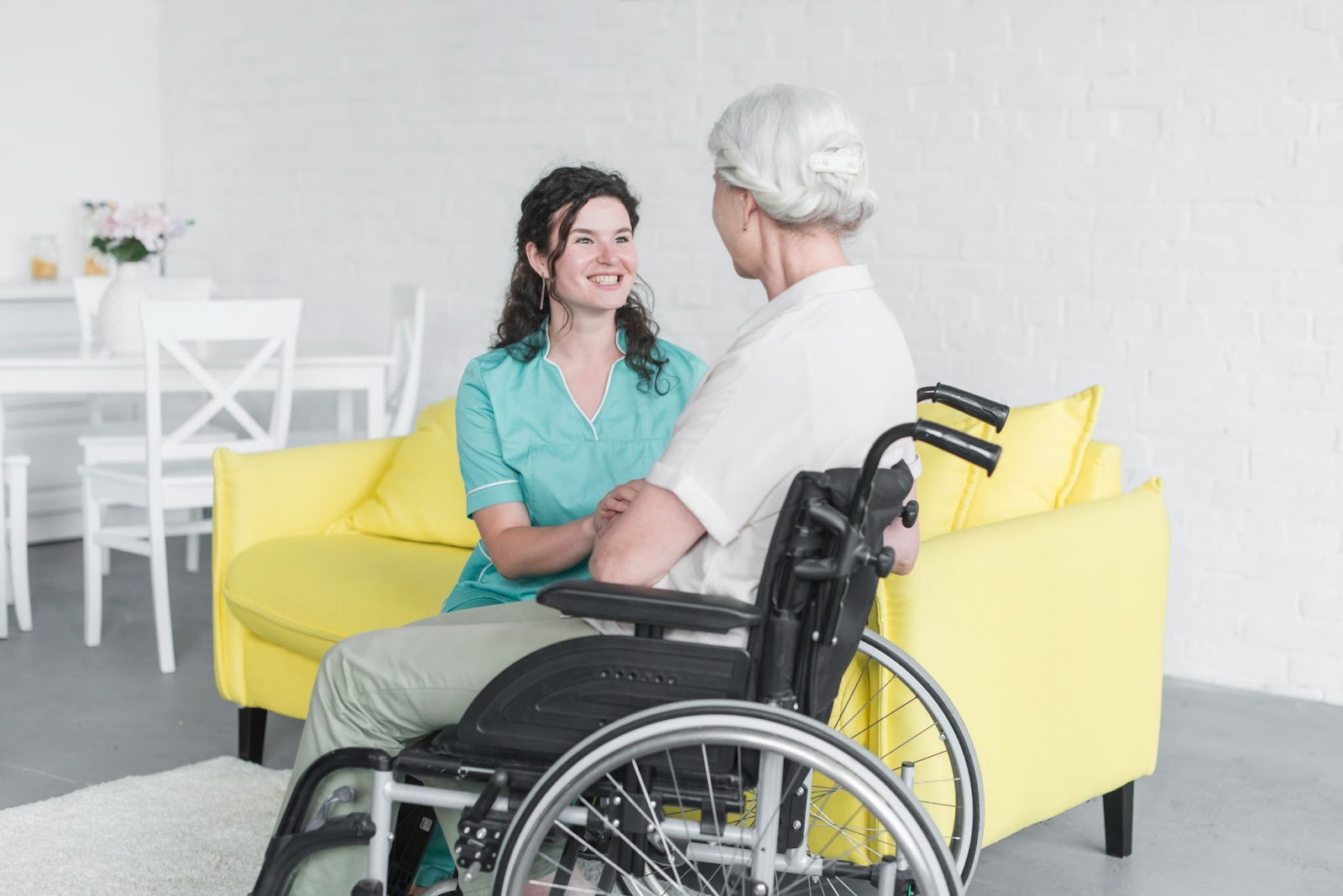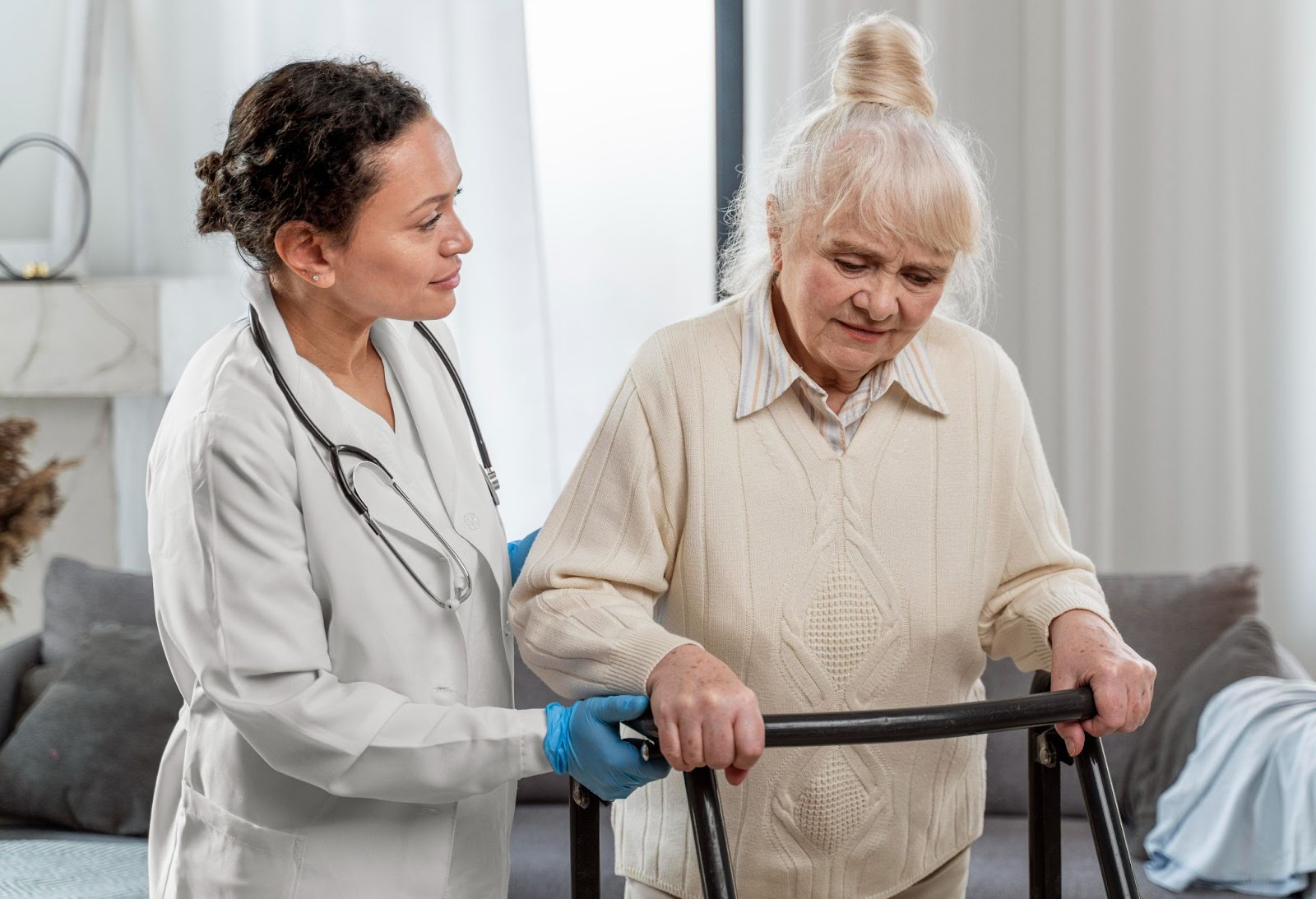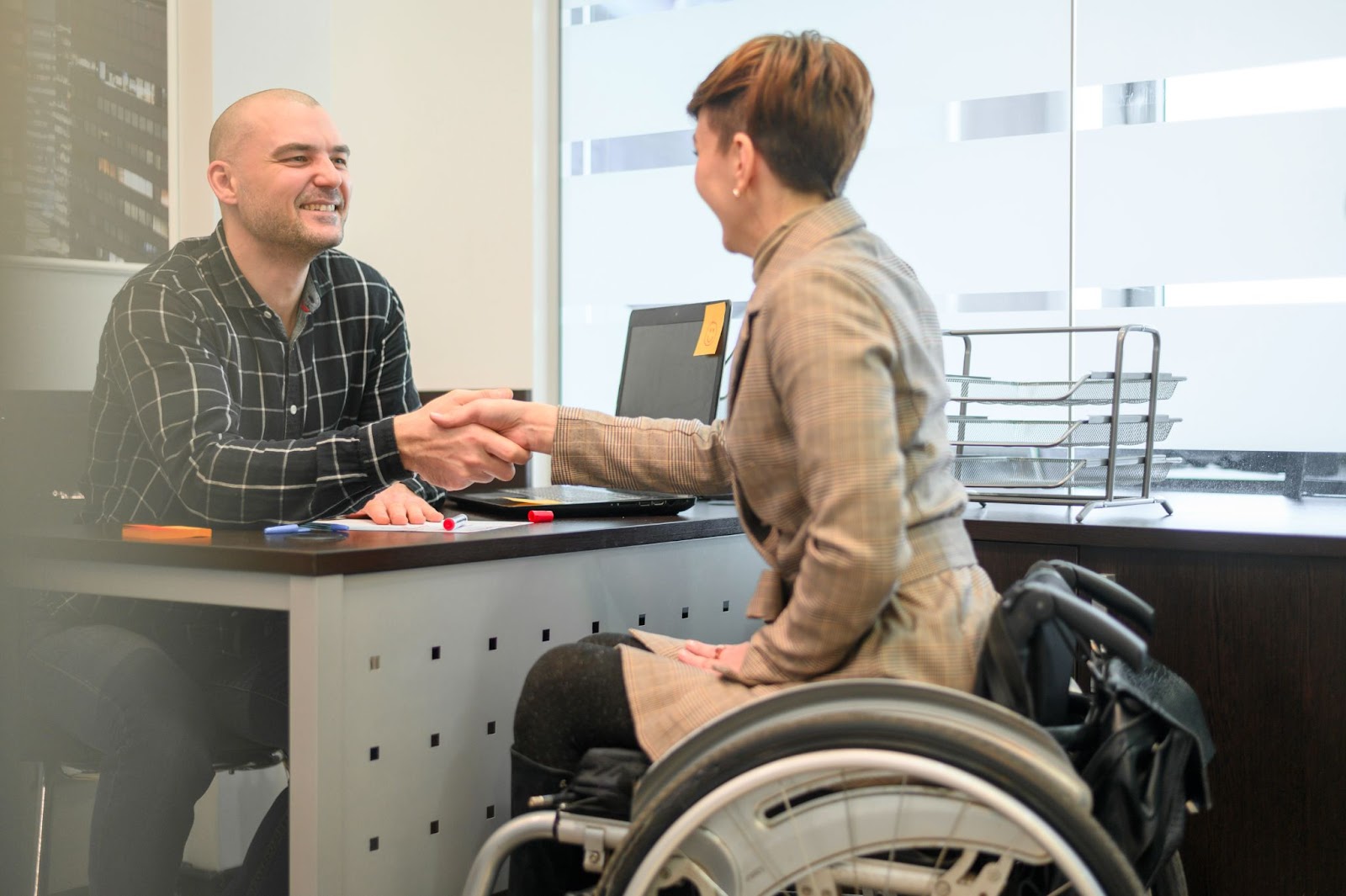By providing timely access to exercise programs tailored to individual needs, exercise physiologists can help individuals with disabilities achieve developmental milestones, improve motor skills, and enhance overall physical capabilities.
In this blog post, we will delve into the benefits of early intervention through NDIS exercise physiology services and explore the transformative impact it can have on the lives of individuals with disabilities.
The Role of Exercise Physiology in Early Intervention
Exercise physiology is a specialised form of exercise and physical activity designed to meet the specific needs of individuals with disabilities. Through evidence-based interventions, exercise physiologists utilise the science of exercise to improve health, fitness, and well-being.
In the context of early intervention in the NDIS, exercise physiologists work closely with children and adults to address developmental delays, promote physical independence, and enhance overall quality of life.
Benefits of Early Intervention through Exercise Physiology in the NDIS
- Achievement of Developmental Milestones:
Timely access to exercise physiology services can greatly support individuals with disabilities in achieving important developmental milestones. Exercise programs are customised to target areas such as gross and fine motor skills, coordination, balance, and strength. By addressing these areas early on, individuals can overcome challenges and progress towards their full potential.
- Improved Motor Skills:
Exercise physiology interventions focus on improving motor skills, which are essential for daily activities and functional independence. Through targeted exercises and activities, individuals can enhance their mobility, dexterity, and coordination, enabling them to participate more actively in everyday tasks and engage in recreational activities.
- Enhanced Physical Fitness:
Regular physical activity is crucial for maintaining overall health and well-being. Exercise physiology interventions in the NDIS promote physical fitness by incorporating cardiovascular exercises, strength training, and flexibility exercises. By improving physical fitness levels, individuals can experience increased stamina, improved cardiovascular health, and a sense of overall well-being.
- Increased Independence and Self-confidence:
Early intervention through exercise physiology empowers individuals with disabilities to become more independent and self-reliant. As they develop and refine their motor skills, individuals gain confidence in their abilities, leading to increased participation in social activities, improved self-esteem, and a greater sense of personal achievement.
- Long-term Health Benefits:
Engaging in regular physical activity from an early age can have long-term health benefits for individuals with disabilities. Exercise physiology interventions can help prevent or manage chronic health conditions, enhance bone density, and improve overall cardiovascular health. By instilling healthy lifestyle habits at an early stage, individuals are more likely to experience improved health outcomes throughout their lives.
Choosing an Exercise Physiologist in the NDIS
When seeking exercise physiology services in the NDIS, it is important to choose a reputable provider that understands the unique needs of individuals with disabilities. AHP Disability is a trusted organisation that specialises in providing high-quality exercise physiology services for NDIS participants.
With a team of experienced exercise physiologists, AHP Disability is committed to delivering personalised interventions and supporting individuals on their journey towards improved physical capabilities and overall well-being.
Early intervention through exercise physiology in the NDIS has the potential to profoundly impact the lives of individuals with disabilities. By promoting developmental milestones, improving motor skills, enhancing physical fitness, and fostering independence, exercise physiology interventions provide a solid foundation for future growth and success.
AHP Disability, along with other reputable providers, plays a vital role in supporting individuals in their NDIS journey. Through their expertise and dedication, exercise physiologists help unlock the true potential of individuals with disabilities, empowering them to lead fulfilling and inclusive lives.





